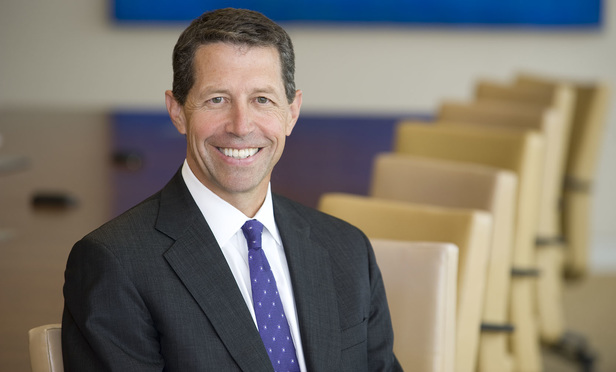The Delaware Supreme Court, in a recent order affirming the opinion of the Delaware Court of Chancery, provided clear guidance about when third-party corporate advisers may raise the in pari delicto defense as a shield to claims brought by or on behalf of the corporation, in Stewart v. Johnson Lambert & Co., Del. Supr. No. 204, 2015, Order (Nov. 2, 2015). Specifically, when the corporation’s fiduciaries have themselves engaged in the wrongdoing for which the third-party advisers have been joined, the adviser will face liability for knowing participation in a breach of fiduciary duty; the adviser, however, will not risk liability to the wrongdoing corporation for professional liability claims based on contract or negligence. At a time when auditors and financial advisers are increasingly targeted in corporate litigation, the Delaware Supreme Court’s rejection of a professional adviser exception to the in pari delicto doctrine provides important guidance for corporations and their professional advisers to manage their respective risks.
The in pari delicto doctrine prevents a party from recovering damages if its losses are substantially caused by activities forbidden by law. The doctrine is rooted in two important policy goals: (1) deterring wrongful conduct by refusing wrongdoers any legal or equitable relief, and (2) protecting the judicial system from having to use its resources to provide an accounting among wrongdoers. Because it is an equitable doctrine, various exceptions to the rule have developed to ensure that its implementation promotes equitable results. Perhaps foremost among the exceptions is the fiduciary exception that permits a corporation and its stockholders to assert claims for their benefit against a wrongdoing officer or director whose breach of fiduciary duty has harmed or threatens to harm the corporation. Without this exception, a corporation would be barred from recovery because entities act through agents and managers and the agents’ wrongful conduct and knowledge is imputed to the corporation, making the corporation itself therefore a wrongdoer.
This content has been archived. It is available through our partners, LexisNexis® and Bloomberg Law.
To view this content, please continue to their sites.
Not a Lexis Subscriber?
Subscribe Now
Not a Bloomberg Law Subscriber?
Subscribe Now
LexisNexis® and Bloomberg Law are third party online distributors of the broad collection of current and archived versions of ALM's legal news publications. LexisNexis® and Bloomberg Law customers are able to access and use ALM's content, including content from the National Law Journal, The American Lawyer, Legaltech News, The New York Law Journal, and Corporate Counsel, as well as other sources of legal information.
For questions call 1-877-256-2472 or contact us at [email protected]



